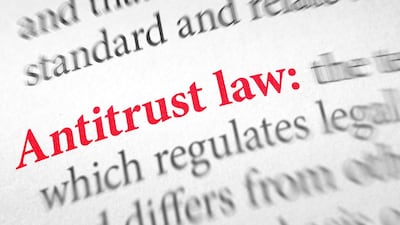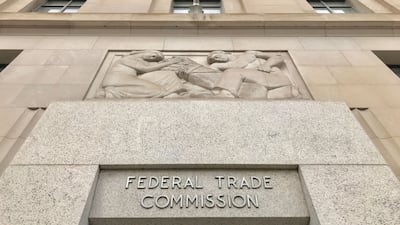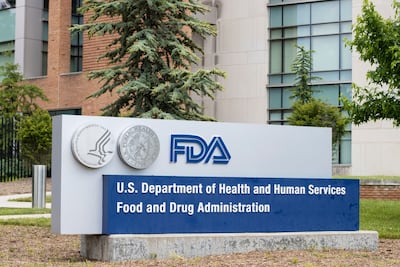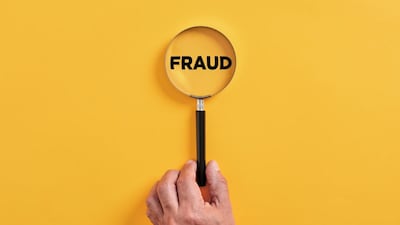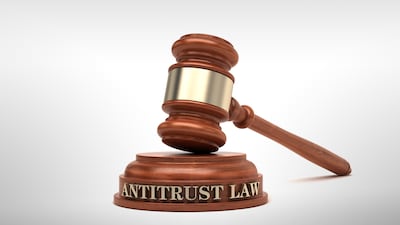Legal & IP
The medtech giant violated USA and California antitrust law in its sales practices for devices used to cut and seal blood vessels during surgery, a jury found. Rival firm Applied Medical brought the case.
With capital being recycled, tariffs settling and interest rates softening, 2026 could provide more investment and growth opportunities in pharma and medtech, with AI giving a tailwind, say Taylor Wessing’s Ross McNaughton and Sarah Cole.
The electrostimulation pain treatment firm reportedly shipped excessive supplies to patients for eight years, driving up revenues as well as stock prices.
Seven new healthcare laws will be started in Germany 2026, and seven already underway – including the revamped KHAG hospital and DRGs reform law – will be completed. So goes the ministerial promise early in the new year. Medtechs signal further references to the so-far useful government dialog.
As medtech moves toward 2026, experts highlight increased regulatory complexities, particularly around AI, cybersecurity, and device user fees. Urgent regulatory updates are needed to keep pace with rapid technology changes while ensuring patient safety and operational efficiency.
Last year was a busy one for the medtech industry, with major advances in technology as well as big changes at regulatory agencies. Get a peek at the stories our readers couldn't miss.
A California jury found in favor of device firm Masimo in a long-running legal battle against the tech giant. Apple has already announced plans to appeal.
Ceribell has filed patent-infringement claims against Natus alleging its BrainWatch EEG copies Ceribell’s headband and electrode innovations. Natus denies any intellectual property violations, saying the products serve different purposes.
Insurance firm UnitedHealth is facing allegations the company intentionally used an unreliable PAD screening method to increase its reimbursements under Medicare Advantage. Semler Scientific and Bard, which respectively made and manufactured the products in question, settled related cases for $37m.
Emma Mittelstaedt Burnham prosecuted antitrust violations in healthcare sector in her previous work at DoJ, including leading investigation into antitrust cartels in the generic pharmaceutical industry.
Federal False Claims Act settlements hit $3.8bn in the first half of fiscal 2025, with enforcement expected to intensify, Barnes & Thornburg partner Jackie Papish tells Medtech Insight. Key watch areas include qui tam cases, DEI policy implications, and growing scrutiny of diagnostics.
The US International Trade Commission has banned smart rings from Ultrahuman and RingConn after Oura Health's patent infringement case. Ultrahuman countersued, claiming Oura infringes its intellectual property. Sales and marketing of the affected rings will cease on October 22.
Just a year and four months after publishing a final rule that would have allowed it to regulate laboratory developed tests as medical devices, the US FDA has rescinded the controversial measure, finally putting an end to the saga.
The FTC is suing to block Edwards Lifesciences' purchase of JenaValve, citing concerns that it would reduce competition and innovation in the heart valve market and negatively impact patient access to vital treatments for aortic regurgitation. Edwards disagrees with the decision.
Sean Keveney is largely unknown in the FDA law space, but likely is familiar and connected to the White House given his work on Trump’s antisemitism taskforce.
A federal court in Illinois ruled against SurModics and BC Holdings' request for FDA documents to support a proposed merger. The FTC has challenged the merger, claiming it threatens competition in hydrophilic device coatings. The ruling may indicate the FTC is likely to succeed.
Former HHS-OIG attorney Rob DeConti emphasized the significance of data analytics and compliance in combating healthcare fraud, urging medical tech companies to adopt robust measures to prevent potential risks.
The DOJ has launched nearly 70 enforcement actions in 2025, targeting diagnostics, durable medical equipment, and telehealth fraud. Key cases involve significant fraudulent claims against Medicare, with individuals facing severe penalties.
Legal experts warn, however, that new Mexican procurement rules are discriminatory and could be challenged in the courts.
Innovative Healthcare is asking for a permanent injunction against Johnson & Johnson subsidiary Biosense Webster after winning a $442 million antitrust verdict. The injunction aims to prevent continued anticompetitive practices in the electrophysiology catheter market.

